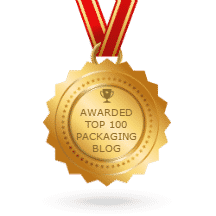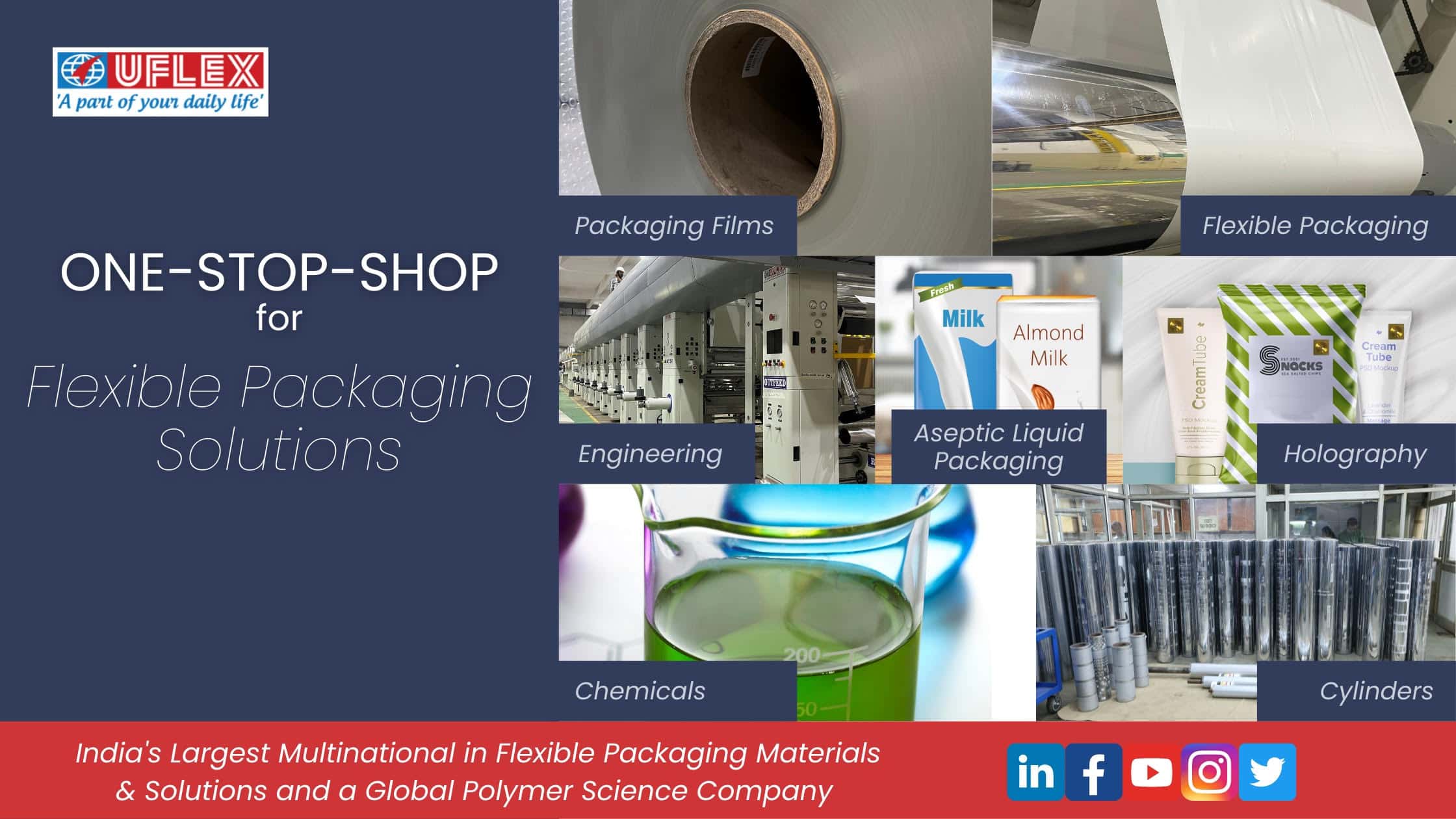The need for true transformation is more important than ever- but the greatest risk is not doing anything. Most of us will go through a few personal transformations in our lives. It may be a significant career change, a complete health and fitness overhaul or the kind of transformation which occurs on becoming a parent for the first time. In these cases, circumstances force us to change our perspectives on life, our view of ourselves and even our values, and they require us to behave differently and break old routines.
Given the economy’s continued volatility and uncertainty, the pace, scale, and complexity of organizational change initiatives continue to escalate in organizations around the globe. In spite of the Indian economy at its decade low growth rate, what I witnessed is that the Indian CEOs have continued to be optimistic about the growth prospects. However, they have voiced deeper concerns about the VUCA times we are operating in. This unprecedented global business dynamics has put HR in the hot seat which makes it imperative for the function to adapt itself to be able to deal with internal and external challenges.
At Uflex, it was in 2012 that we embarked on this journey of HR Transformation and as I look back, we have been able to cover a considerable ground forward and have overcome the initial challenge of acceptance by business and functional leaders. Based upon my experience as an HR professional, I can list out following imperatives for the HR professionals including my team members at Uflex.
Imperatives for the HR professionals
- Powering the growth agenda: This requires moving beyond Talent Management. The challenge of growth faces most companies in today’s highly interdependent, competitive global economy. HR is staring at an incredible opportunity to increase its impact on organizational performance and become a true strategic partner by contributing to the work design challenges that enable growth. This is an important focus for HR, because talent management is inextricably linked to organization and work systems design, in a way that each constrains the other. Also, through this, HR multiplies its influence on both people and business performance.
- Facilitating the cultural shift: We know that business dynamics are changing at a faster pace than ever. The HR function must be agile to cut through the layers of complexity and partner the business by managing people and change. For example- HR must predict and manage the impact of the four generations in the workplace, especially in terms of recruiting, building teams, dealing with change and motivating employees and this is no easy task. With operations across geographies including Kentucky (US), Egypt, Poland, Dubai, Mexico, at Uflex, geographic expansion remains a top strategic priority of the CEOs along with developing new growth strategies and a stronger customer focus. Our CEOs take pride in mentioning that HR has done a good job working as a partner during the last few years. This also sets the bar high when they expect us to couple our HR skills with a much deeper understanding of the business.
- Championing operational efficiencies: With more than 25 years of experience in the field of HR, I have witnessed many transformation processes and what I have observed is that most ‘transformations’ are exercises in technology implementation, outsourcing and process efficiency. The problem with creating an efficient human resources organization is that today’s business leadership needs something different. The changing global business market requires the HR professionals to deliver a different array of services. For example, at UFlex, we have implemented operational excellence programs across businesses with the help of a cross functional team that is known as ‘Sankalp’ and it aims at improving our operational efficiencies through Quality tools at our businesses. The senior leadership team and the employees across the hierarchies (Yes! shop floor as well) collaborate together on this to bring about tremendous improvements.
- Securing the leadership pipeline: As the largest flexible packaging company, UFlex employs more than 8,000 employees across globe. With this large workforce, I must mention that the attrition at the top level is almost negligible. We have a variety of talent development programs strategically designed to meet the needs of the businesses and our people. Such planned interventions are important to ensure retention at the top level and also develop the next line of leaders who are adequately prepared to handle VUCA.
- Values: I believe, HR is the keeper of strong ethical culture, and nothing is more important to ethics than culture. HR provides the vital link between the organization and the individual by virtue of being the custodian of processes that create an ethical culture. The processes must focus on orienting the employees on the expected behavior followed by assessing and rewarding the same.
One question I keep asking my team is ‘are we agile enough to keep pace with this ever changing dynamics and live up to the high expectations of our business leaders?’ It is high time that HR breaks the conventional shell it has been stuck in for too long. Unfortunately, there are no simple solutions, no generic approaches or best practices that will suddenly enable the HR function to become more effective and respected. When it comes to managing expectations in changing times, HR needs to focus on identifying ways of adding value to the rest of the business and proactively meeting the needs of its customers, thus becoming an ally of their CEOs.
“Organizational transformation doesn’t have any finish line, but rather a series of milestones that we need to look and celebrate”.
(This article was originally published in People Matters.in http://bit.ly/1Iqu94U)



